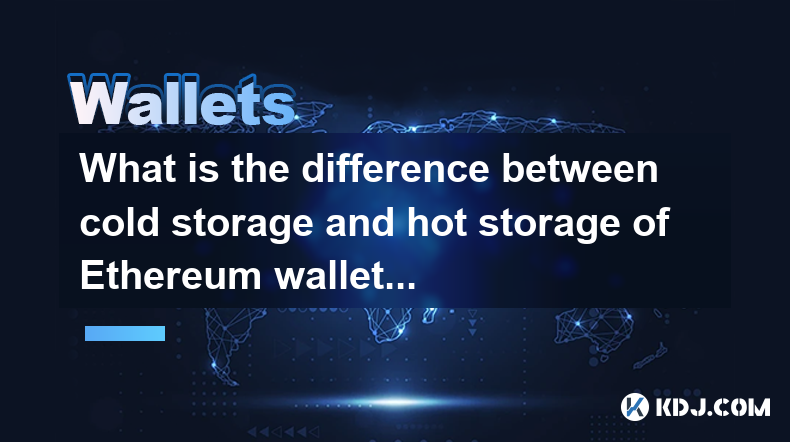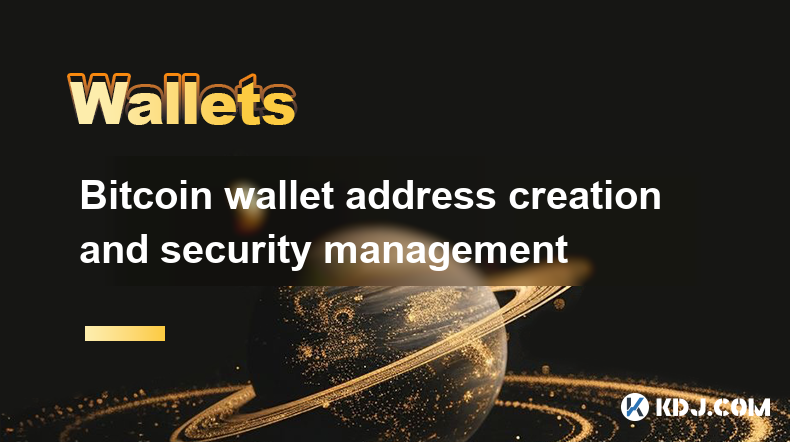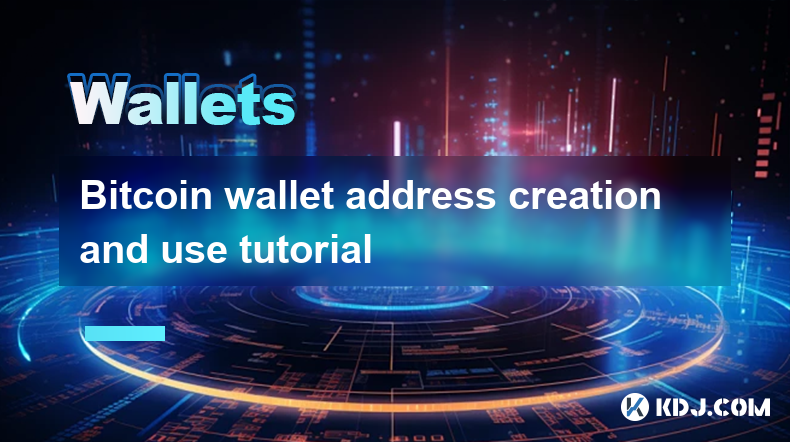-
 Bitcoin
Bitcoin $82,683.4967
0.78% -
 Ethereum
Ethereum $1,829.2967
1.42% -
 Tether USDt
Tether USDt $0.9999
-0.02% -
 XRP
XRP $2.0967
-0.75% -
 BNB
BNB $606.5472
1.02% -
 Solana
Solana $125.0276
0.61% -
 USDC
USDC $1.0000
-0.01% -
 Dogecoin
Dogecoin $0.1676
0.95% -
 Cardano
Cardano $0.6650
1.26% -
 TRON
TRON $0.2382
2.59% -
 Toncoin
Toncoin $4.1025
5.56% -
 Chainlink
Chainlink $13.5754
1.83% -
 UNUS SED LEO
UNUS SED LEO $9.1395
0.29% -
 Stellar
Stellar $0.2651
-0.15% -
 Avalanche
Avalanche $18.8485
0.75% -
 Shiba Inu
Shiba Inu $0.0...01250
0.76% -
 Sui
Sui $2.2808
-1.77% -
 Hedera
Hedera $0.1640
-1.56% -
 Polkadot
Polkadot $4.0427
0.61% -
 Litecoin
Litecoin $83.3594
-2.70% -
 MANTRA
MANTRA $6.2703
0.56% -
 Bitcoin Cash
Bitcoin Cash $304.1339
1.64% -
 Bitget Token
Bitget Token $4.5229
-1.25% -
 Dai
Dai $0.9999
-0.02% -
 Ethena USDe
Ethena USDe $0.9998
-0.03% -
 Pi
Pi $0.7229
-6.19% -
 Hyperliquid
Hyperliquid $13.0555
5.79% -
 Monero
Monero $215.2463
-1.28% -
 Uniswap
Uniswap $6.0107
2.74% -
 Aptos
Aptos $5.2988
0.53%
What is the difference between cold storage and hot storage of Ethereum wallet?
Cold storage (hardware/paper wallets) offers maximum Ethereum security by keeping private keys offline, unlike hot storage (software wallets/exchanges) which, while convenient, are vulnerable to online threats. The best choice depends on your security needs and access frequency.
Mar 25, 2025 at 02:08 pm

Key Points:
- Cold storage refers to offline storage of your Ethereum private keys, offering maximum security against hacking. This typically involves hardware wallets or paper wallets.
- Hot storage keeps your private keys online, usually connected to the internet, providing convenience but increased vulnerability to theft. This includes software wallets and exchanges.
- The choice between cold and hot storage depends on your security needs and how frequently you need to access your Ethereum. High-value holdings usually benefit from cold storage.
What is the difference between cold storage and hot storage of Ethereum wallet?
The fundamental difference between cold and hot storage for Ethereum wallets lies in their connection to the internet. This seemingly simple distinction has profound implications for the security of your Ethereum holdings.
Cold storage, by definition, keeps your Ethereum private keys offline. This means they are completely inaccessible to hackers operating online. Popular methods include hardware wallets like Ledger or Trezor, which are physical devices designed to securely store your keys. Paper wallets, which involve printing your private keys and keeping them in a secure location, also fall under this category. The security provided by cold storage is unparalleled, making it the preferred choice for storing significant amounts of Ethereum.
Hot storage, conversely, keeps your private keys connected to the internet. This includes software wallets installed on your computer or smartphone, and even online exchanges where you may hold your Ethereum. The convenience of instant access comes at a cost: increased vulnerability to hacking, phishing scams, and malware. While many software wallets employ robust security measures, the inherent online nature of hot storage increases the risk of theft.
Hardware Wallets (Cold Storage): A Deeper Dive
Hardware wallets are considered the gold standard for cold storage. They are dedicated devices designed specifically for securely storing cryptographic keys. They offer a tamper-resistant environment, protecting your private keys from malicious software and unauthorized access.
- They isolate your private keys from the internet, minimizing the risk of online attacks.
- They typically feature a user-friendly interface, making it easy to manage your Ethereum.
- They often offer multiple layers of security, including PIN codes and recovery phrases.
However, even hardware wallets are not immune to all threats. Physical theft or loss remains a possibility. Therefore, it is crucial to protect your hardware wallet with the same care you would give to any valuable possession.
Software Wallets (Hot Storage): Exploring the Options
Software wallets offer ease of access and convenience, but security considerations are paramount. They are programs installed on your computer, smartphone, or other devices. While some software wallets prioritize security features, they are inherently more vulnerable to online threats.
- Desktop wallets: These offer more security than mobile wallets but still require careful attention to security practices.
- Mobile wallets: Convenient for everyday transactions, but potentially more vulnerable to malware and phishing attacks.
- Web wallets: Accessed through a browser, offering convenience but posing a higher risk due to the nature of online access.
Paper Wallets (Cold Storage): A DIY Approach
Paper wallets represent a basic form of cold storage. You generate your private and public keys offline, then print them on paper and store them securely. This method is low-tech and cost-effective but requires extreme caution. One mistake in handling the paper wallet could lead to irreversible loss of funds.
- Ensure you print the keys on high-quality, tamper-evident paper.
- Store the paper wallet in a safe, secure location, away from potential threats.
- Never share your private key with anyone.
Exchanges (Hot Storage): Convenience vs. Security
Exchanges provide a convenient platform to buy, sell, and trade Ethereum. However, storing significant amounts of Ethereum on an exchange is generally considered risky. Exchanges are prime targets for hackers, and you essentially relinquish control of your private keys to the exchange.
- Only keep the amount of Ethereum on an exchange that you need for immediate trading purposes.
- Enable two-factor authentication (2FA) for enhanced security.
- Be wary of phishing scams that may attempt to steal your login credentials.
Frequently Asked Questions:
Q: Is it safe to keep all my Ethereum in a hot wallet?
A: No, it is generally not recommended to keep all your Ethereum in a hot wallet. Hot wallets are convenient but significantly more vulnerable to hacking and theft compared to cold storage options.
Q: What is a recovery phrase, and why is it important?
A: A recovery phrase (or seed phrase) is a list of words that allows you to restore access to your cryptocurrency wallet if you lose your device or private keys. It is crucial to keep your recovery phrase safe and secure, as it grants complete control over your funds.
Q: How often should I transfer Ethereum between hot and cold storage?
A: The frequency depends on your needs and risk tolerance. Some users transfer funds to their hot wallet only when making transactions, while others might maintain a small balance for regular use.
Q: What is the best type of wallet for beginners?
A: For beginners, a reputable hardware wallet offers a good balance of security and ease of use. However, thoroughly researching and understanding the security implications of any wallet before use is essential.
Q: Can I use a cold storage wallet for other cryptocurrencies besides Ethereum?
A: Many cold storage wallets support multiple cryptocurrencies, not just Ethereum. Check the specific features of the wallet you are considering.
Disclaimer:info@kdj.com
The information provided is not trading advice. kdj.com does not assume any responsibility for any investments made based on the information provided in this article. Cryptocurrencies are highly volatile and it is highly recommended that you invest with caution after thorough research!
If you believe that the content used on this website infringes your copyright, please contact us immediately (info@kdj.com) and we will delete it promptly.
- Bitcoin (BTC) price dips below ascending channel pattern as whales mirror a 2020 bull run signal
- 2025-04-01 07:50:12
- Mutuum Finance (MUTM) Has Been Relatively Quiet, But It's Building Fast
- 2025-04-01 07:50:12
- Cardano (ADA) Gains 4% This Week, Trading at $0.74 as Bullish Pressure Builds
- 2025-04-01 07:45:12
- Elon Musk Quashes Rumors of U.S. Government Using Dogecoin (DOGE) in Any Kind of Operations
- 2025-04-01 07:45:12
- Ethereum (ETH) and Solana (SOL) Prices Could Plunge as FTX Begins Creditor Repayments on May 30
- 2025-04-01 07:40:12
- Acting SEC Chair Rejects Enforcement, First US Bank-Issued Stablecoin, Bitcoin's Four-Year Cycle at Crossroads
- 2025-04-01 07:40:12
Related knowledge

Bitcoin wallet address creation and security management
Mar 31,2025 at 10:56pm
Understanding Bitcoin Wallet AddressesA Bitcoin wallet doesn't store Bitcoin directly. Instead, it stores private keys which are long strings of characters. These keys grant access to your Bitcoin. Your public key, derived from the private key, is used to generate your Bitcoin wallet address, a unique identifier similar to a bank account number. This a...

How to easily generate a Bitcoin payment address
Mar 29,2025 at 10:49am
Generating a Bitcoin payment address might seem daunting, but it's actually quite straightforward. This process is crucial for receiving Bitcoin, as each transaction requires a unique address. Understanding how this works is fundamental to using Bitcoin effectively. This guide will walk you through the simple steps, regardless of your technical experti...

Bitcoin address creation steps and common problems
Mar 30,2025 at 06:07am
Understanding Bitcoin AddressesA Bitcoin address is a unique identifier, similar to a bank account number, used to receive Bitcoin. It's a string of alphanumeric characters generated from a public key, derived from your private key. Understanding the distinction between public and private keys is crucial for Bitcoin security. Your private key should be...

How to make your own Bitcoin wallet address
Mar 29,2025 at 08:42pm
Creating your own Bitcoin wallet address is crucial for securing and managing your Bitcoin holdings. It allows you to independently receive and send Bitcoin without relying on third-party services. This process involves understanding the different types of wallets and choosing the one that best suits your needs and technical expertise. Incorrectly gene...

How to generate a secure Bitcoin wallet address
Apr 01,2025 at 03:14am
Understanding Bitcoin Wallet AddressesA Bitcoin wallet doesn't actually store your Bitcoin. Instead, it stores your private keys, which are long strings of characters that grant you access to your Bitcoin. Your public key, derived from your private key, is used to generate your Bitcoin address, a unique identifier similar to a bank account number. This...

Bitcoin wallet address creation and use tutorial
Mar 29,2025 at 10:14pm
Understanding Bitcoin Wallet AddressesA Bitcoin wallet doesn't store Bitcoin in the way a traditional bank account does. Instead, it stores private keys, which are cryptographic secrets allowing you to access and spend your Bitcoin. Your Bitcoin address, on the other hand, is a public identifier, like an email address, that others can use to send you B...

Bitcoin wallet address creation and security management
Mar 31,2025 at 10:56pm
Understanding Bitcoin Wallet AddressesA Bitcoin wallet doesn't store Bitcoin directly. Instead, it stores private keys which are long strings of characters. These keys grant access to your Bitcoin. Your public key, derived from the private key, is used to generate your Bitcoin wallet address, a unique identifier similar to a bank account number. This a...

How to easily generate a Bitcoin payment address
Mar 29,2025 at 10:49am
Generating a Bitcoin payment address might seem daunting, but it's actually quite straightforward. This process is crucial for receiving Bitcoin, as each transaction requires a unique address. Understanding how this works is fundamental to using Bitcoin effectively. This guide will walk you through the simple steps, regardless of your technical experti...

Bitcoin address creation steps and common problems
Mar 30,2025 at 06:07am
Understanding Bitcoin AddressesA Bitcoin address is a unique identifier, similar to a bank account number, used to receive Bitcoin. It's a string of alphanumeric characters generated from a public key, derived from your private key. Understanding the distinction between public and private keys is crucial for Bitcoin security. Your private key should be...

How to make your own Bitcoin wallet address
Mar 29,2025 at 08:42pm
Creating your own Bitcoin wallet address is crucial for securing and managing your Bitcoin holdings. It allows you to independently receive and send Bitcoin without relying on third-party services. This process involves understanding the different types of wallets and choosing the one that best suits your needs and technical expertise. Incorrectly gene...

How to generate a secure Bitcoin wallet address
Apr 01,2025 at 03:14am
Understanding Bitcoin Wallet AddressesA Bitcoin wallet doesn't actually store your Bitcoin. Instead, it stores your private keys, which are long strings of characters that grant you access to your Bitcoin. Your public key, derived from your private key, is used to generate your Bitcoin address, a unique identifier similar to a bank account number. This...

Bitcoin wallet address creation and use tutorial
Mar 29,2025 at 10:14pm
Understanding Bitcoin Wallet AddressesA Bitcoin wallet doesn't store Bitcoin in the way a traditional bank account does. Instead, it stores private keys, which are cryptographic secrets allowing you to access and spend your Bitcoin. Your Bitcoin address, on the other hand, is a public identifier, like an email address, that others can use to send you B...
See all articles























































































